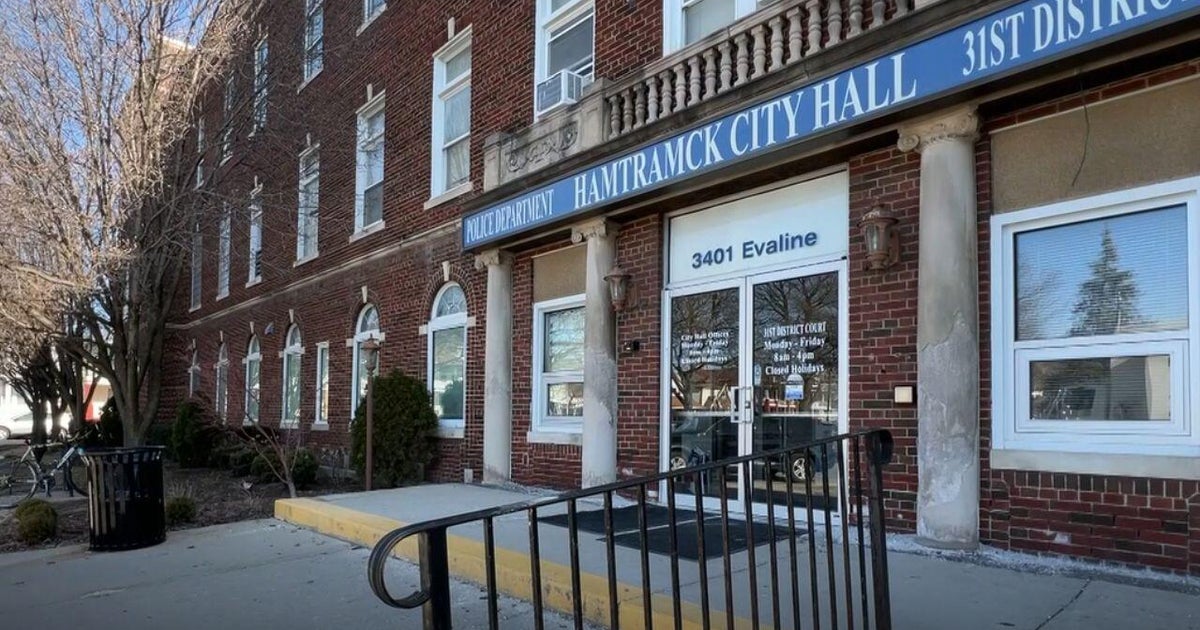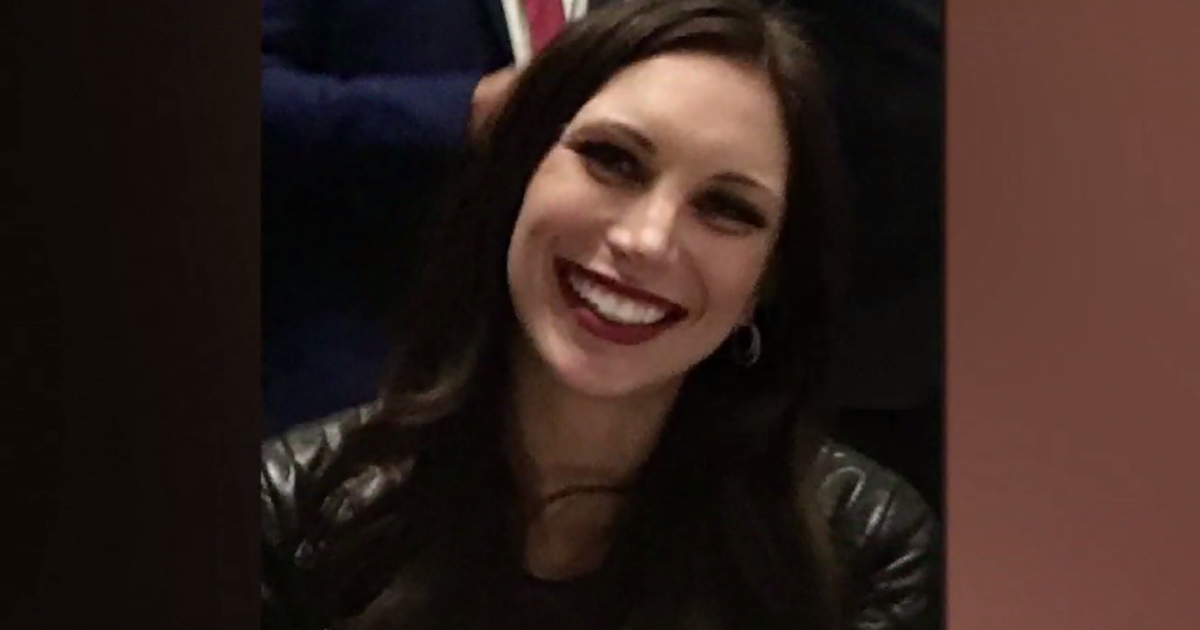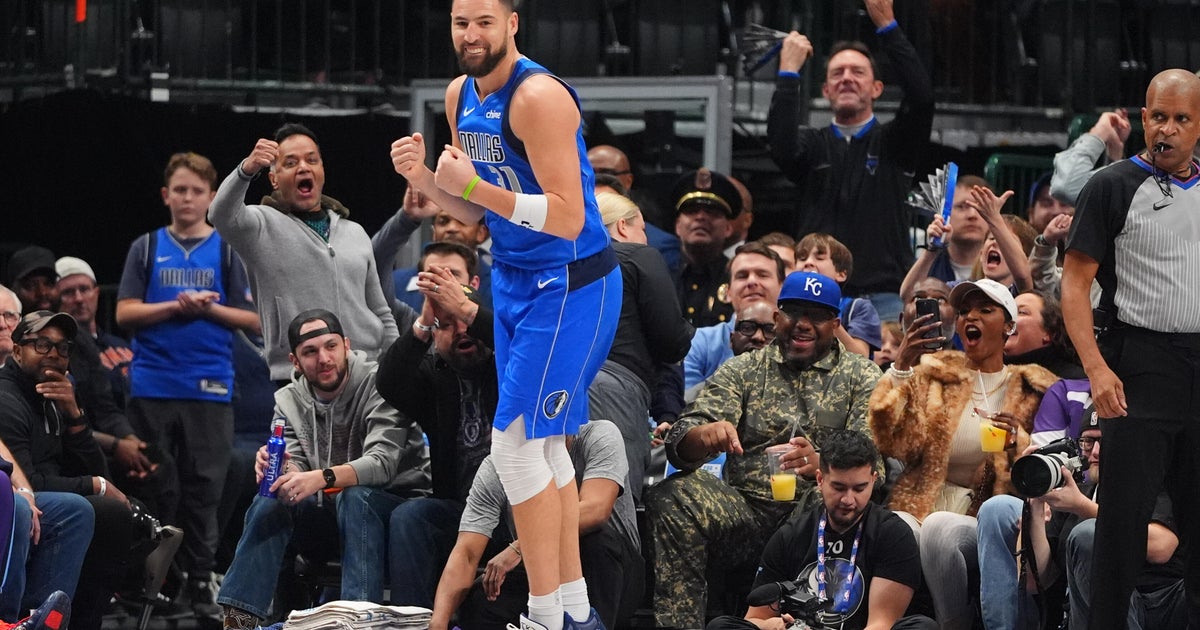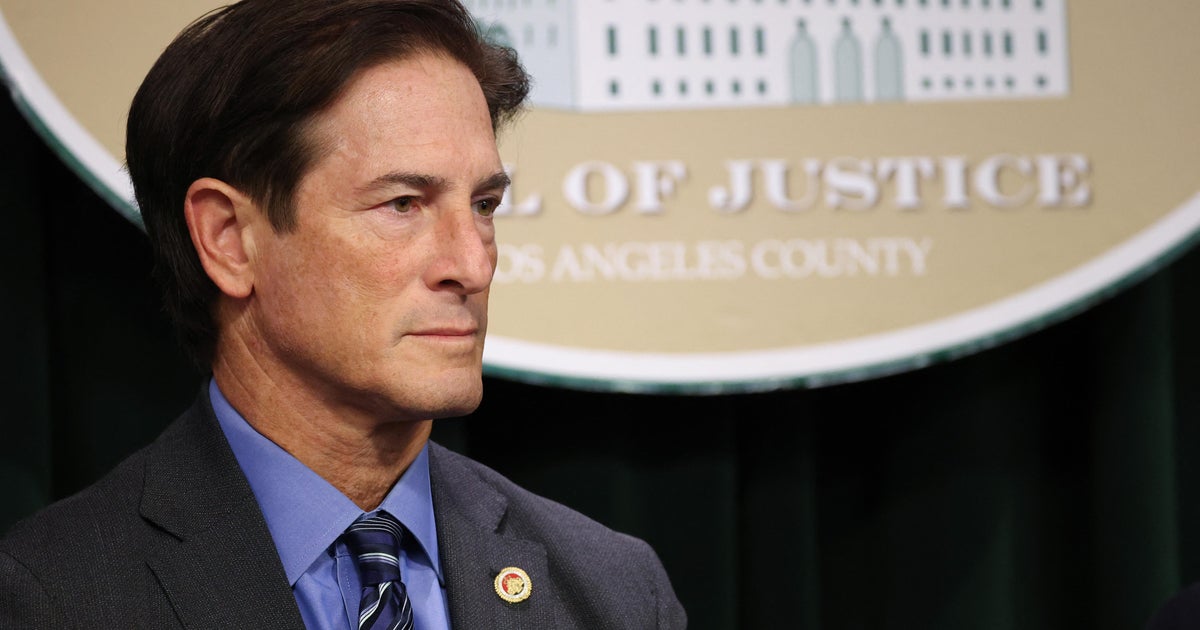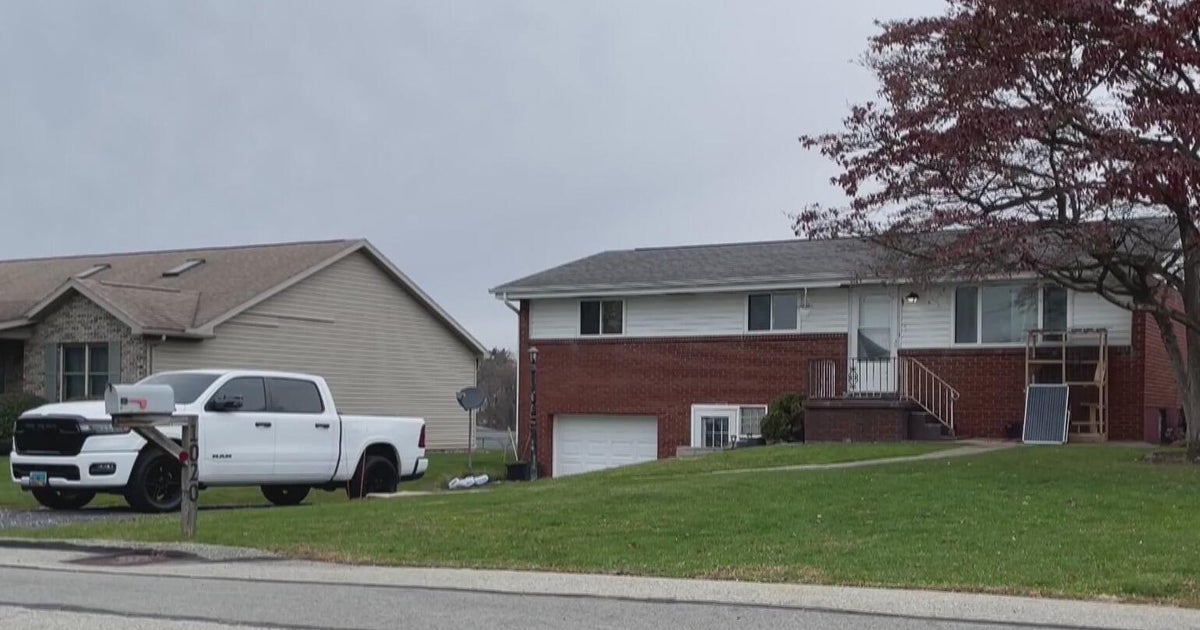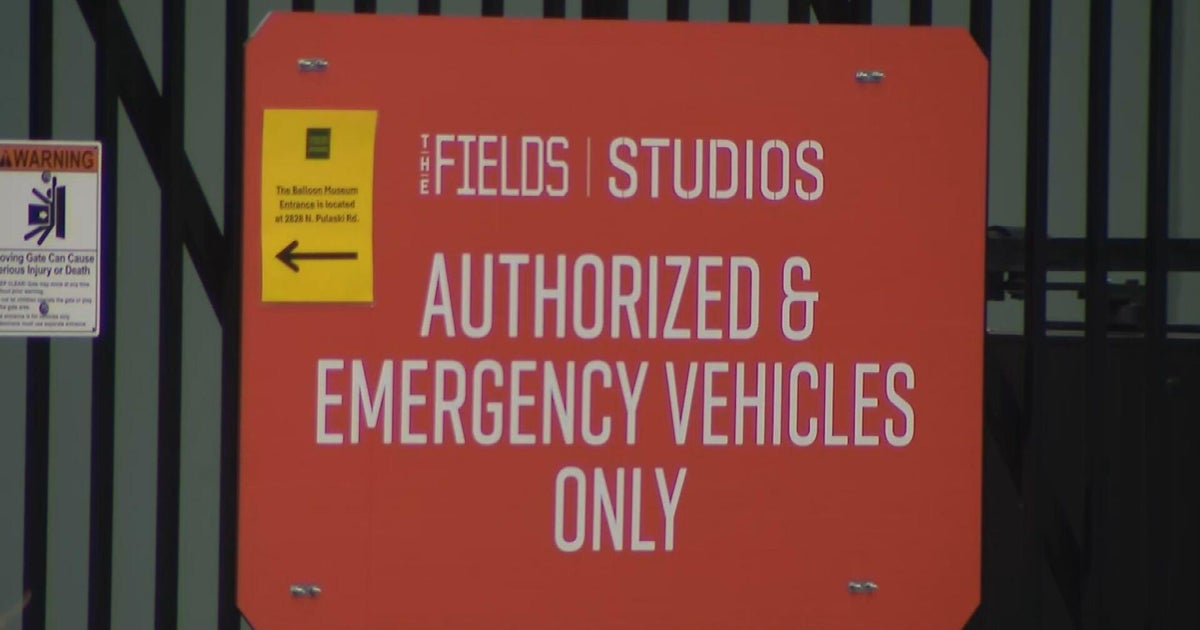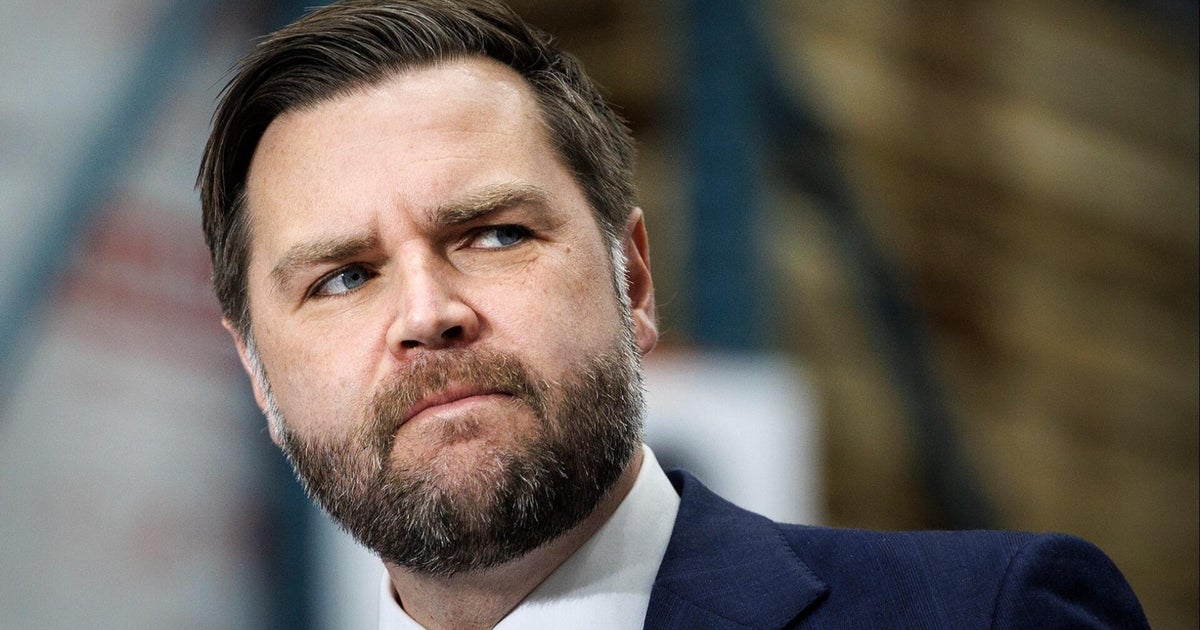Former Gov. Ryan Seeks Appeal To U.S. Supreme Court
CHICAGO (CBS) -- While one ex-governor heads off to federal prison, another is still there, pinning his hopes for an early release on a long-shot before the U.S. Supreme Court.
As WBBM Newsradio's Regine Schlesinger reports, former Gov. George Ryan remains in prison in Terre Haute, Ind. He has served 4 1/2 years of the 6 1/2 year sentence that was handed down for his corruption conviction in 2006, and is due for release on July 4 of next year.
LISTEN: WBBM Newsradio's Regine Schlesinger reports
Podcast
Ryan's attorney, former Gov. James Thompson, still has an appeal pending before the U.S. Supreme Court. So far, the high court hasn't even decided whether to hear the case.
"What it says to me is that there are a couple of other cases up there in the Supreme Court that raise the same kind of issues that George Ryan's petition does, and they're holding Governor Ryan's case to be decided along with those cases," Thompson said.
Ryan now is 78 years old.
"He suffered the loss of his wife, the loss of his brother. He had everything taken away from him. He's certainly paid his debt to society," Thompson said.
Thompson points out that while the Supreme Court has not agreed to hear Ryan's appeal, the court also has not decided to reject it.
Last year, the U.S. 7th Circuit Court of Appeals rejected Ryan's appeal, in which his attorneys argued that because the U.S. Supreme Court struck down part of the honest services law, his most serious conviction should be thrown out.
The appeals panel said Ryan could have challenged the honest services law on direct appeal of his conviction, as former Enron chief executive officer Jeffrey Skilling did in the case that led the Supreme Court to overturn parts of the law. Media mogul Conrad Black, the former CEO of then-Sun-Times parent company Hollinger International, also challenged his conviction based on the honest services law and got part of it tossed, the panel pointed out.
But when Ryan first appealed his conviction, he did not address the honest service law.
Ryan's first appeal, filed shortly after his conviction in 2006, focused instead on misconduct among the jurors in his trial – two of whom were removed eight days into deliberations for failing to disclose criminal backgrounds, and a third of whom was tossed for sleeping during the trial.
